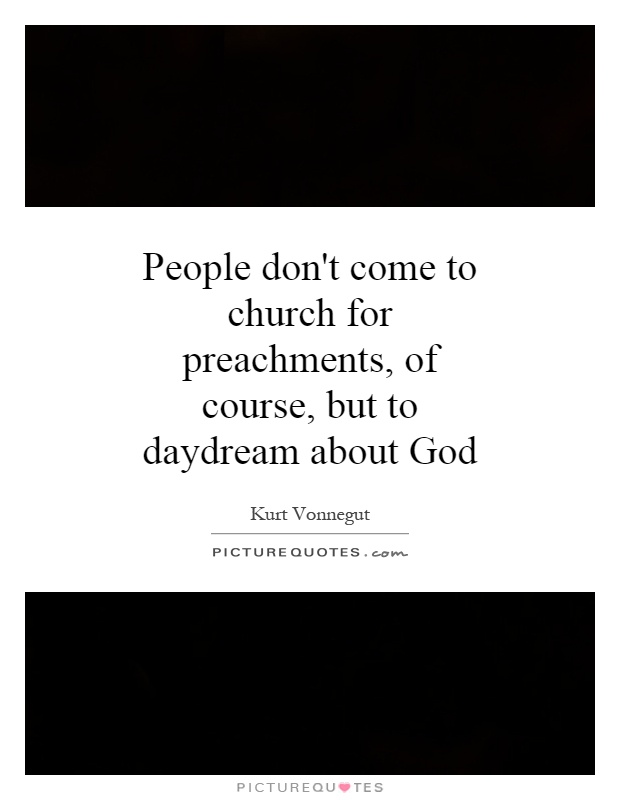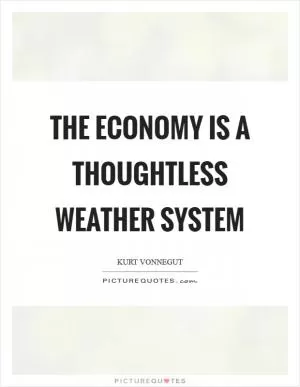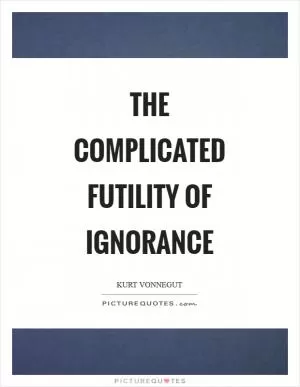People don't come to church for preachments, of course, but to daydream about God

People don't come to church for preachments, of course, but to daydream about God
Kurt Vonnegut, a renowned American author known for his satirical and thought-provoking works, often explored themes of religion and spirituality in his writing. In the quote “People don't come to church for preachments, of course, but to daydream about God,” Vonnegut captures a sentiment that resonates with many individuals who may feel disconnected from traditional religious practices but still seek a sense of connection to something greater than themselves.Vonnegut’s observation suggests that for many people, the act of attending church is not necessarily about listening to sermons or following religious doctrine, but rather about finding a space for contemplation and reflection. In a world filled with distractions and noise, the church can serve as a sanctuary where individuals can quiet their minds and allow themselves to daydream about the divine.
For Vonnegut, the idea of daydreaming about God implies a sense of wonder and curiosity about the mysteries of the universe. It suggests a desire to explore the unknown and to seek meaning in a world that can often feel chaotic and uncertain. In this sense, daydreaming about God can be seen as a form of spiritual exploration, a way of connecting with something transcendent and eternal.
Vonnegut’s perspective on religion is often characterized by a sense of skepticism and irreverence towards traditional beliefs and practices. In his novel “Cat’s Cradle,” for example, he satirizes organized religion and the ways in which it can be used to manipulate and control people. However, despite his criticisms of institutionalized religion, Vonnegut’s writing often reflects a deep sense of awe and wonder at the mysteries of existence.
Ultimately, Vonnegut’s quote reminds us that spirituality is a deeply personal and subjective experience. While organized religion may not resonate with everyone, the impulse to seek connection with something greater than ourselves is a universal human longing. Whether through daydreaming about God in a church or finding solace in nature, the search for meaning and transcendence is a fundamental aspect of the human experience.












 Friendship Quotes
Friendship Quotes Love Quotes
Love Quotes Life Quotes
Life Quotes Funny Quotes
Funny Quotes Motivational Quotes
Motivational Quotes Inspirational Quotes
Inspirational Quotes